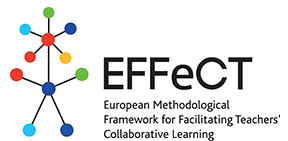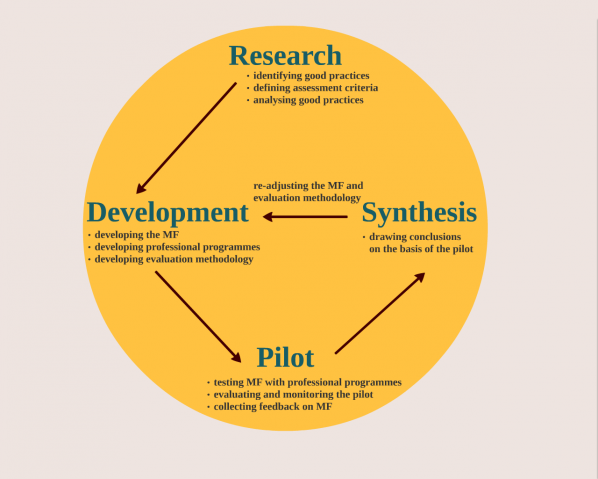

Teachers in the 21st century need to be able to respond to a rapidly changing environment characterised by fast technological progress, changing labour market needs, demographic changes, etc. In order to have up-to-date knowledge and skills to be able to live up to this expectation, lifelong learning needs to be a reality for teachers as professional educators. They need learning opportunities throughout their whole career and need to maintain strong connection to various actors and stakeholders. Fostering strong working relationships among teachers was one of the elements of teachers’ professional development identified as critical in terms of effectiveness (Wei, Darling Hammond, Andree, Richardson, and Orphanos, 2009[1]). Successful collaboration allows teachers to exchange and deepen their knowledge about theories, methods and processes of teaching and learning. Evidence also suggests that collaborative processes enhance student outcomes. In line with these findings, the main focus of the EFFeCT project is improving teacher competencies through enhanced opportunities for teacher learning at all stages of their career.
The overarching objective is to facilitate policy development and well-evidenced innovative improvements related to teacher learning at a system (state), a regional and a local level. In particular, the project aims to enhance opportunities for teachers’ collaborative learning by promoting networking and professional collaboration between teachers and other educational stakeholders (teacher educators, researchers, etc.). The project will thus contribute to enhancing teachers’ competencies in order that they can provide better learning opportunities for all students.
The EFFeCT project set out the following specific aims:

Project Design
[1] Darling-Hammond, L., Wei, R.C., Andree, A., Richardson, N. and Orphanos, S. (2009), “Professional Learning in the Learning Profession: A Status Report on Teacher Development in the United States and Abroad” in The Status of Professional Development in the United States, Stanford University.
On oktataskepzes.tka.hu we use cookies to give you the best possible experience. By using this website you accept cookies.